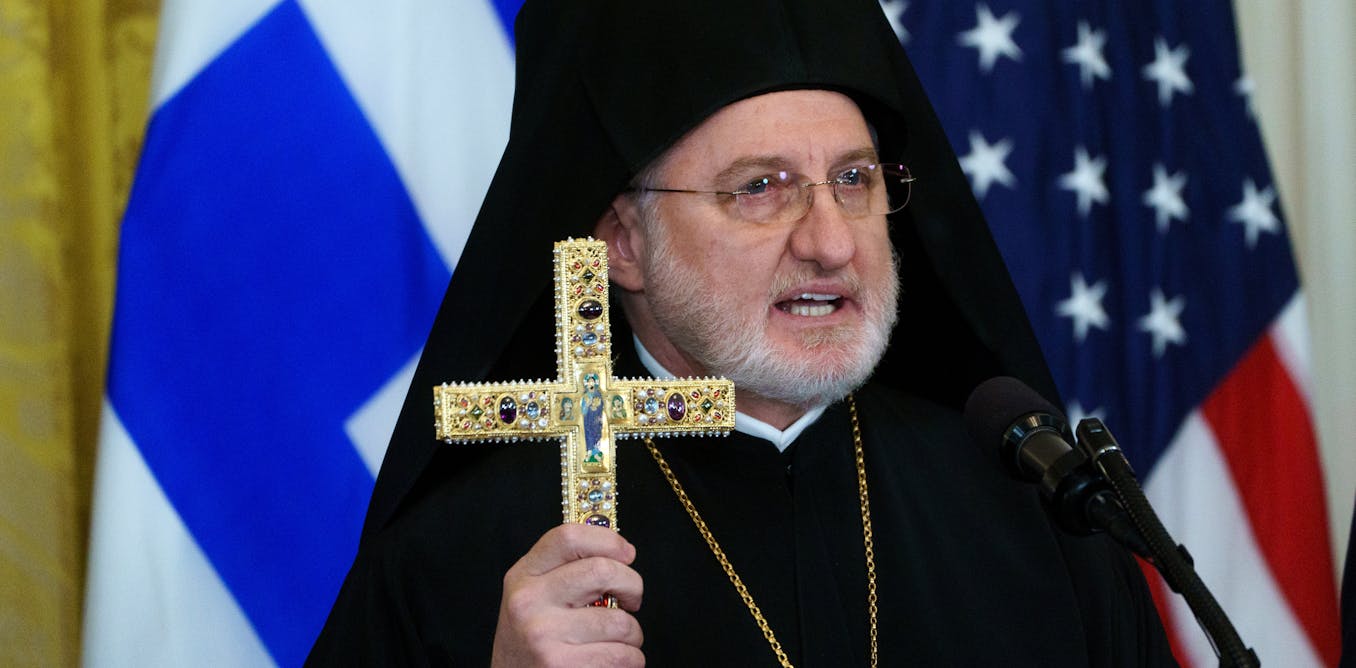Holy War of Influence: How Moscow and Ankara's Religious Diplomacy Meets Its Unexpected Rival

In the complex landscape of global religious diplomacy, Russia and Turkey have emerged as powerful players, each wielding a unique national narrative that intertwines religious identity with geopolitical ambition. At the heart of this intricate dynamic lies a profound challenge from the Patriarchate of Constantinople, which threatens to unravel their carefully constructed religious influence.
Both nations have long used religious soft power as a strategic tool, positioning themselves as protectors and champions of specific religious communities. Russia, with its deep Orthodox Christian roots, and Turkey, drawing from its Ottoman Islamic heritage, craft compelling narratives that extend far beyond their borders. These narratives are not merely cultural expressions but calculated diplomatic strategies designed to project international influence.
However, the Patriarchate of Constantinople stands as a formidable counterpoint to these national religious narratives. As the spiritual center of Orthodox Christianity, it offers a transnational perspective that challenges the more nationalist interpretations of religious identity promoted by Russia and Turkey. The Patriarchate's global outlook and commitment to ecumenical dialogue directly confronts the more exclusivist religious narratives of these regional powers.
This tension reveals the delicate balance between national religious narratives and the broader, more inclusive vision of religious diplomacy. As Russia and Turkey continue to leverage their religious heritage for geopolitical advantage, the Patriarchate of Constantinople remains a critical voice of nuance and complexity in an increasingly polarized religious landscape.
